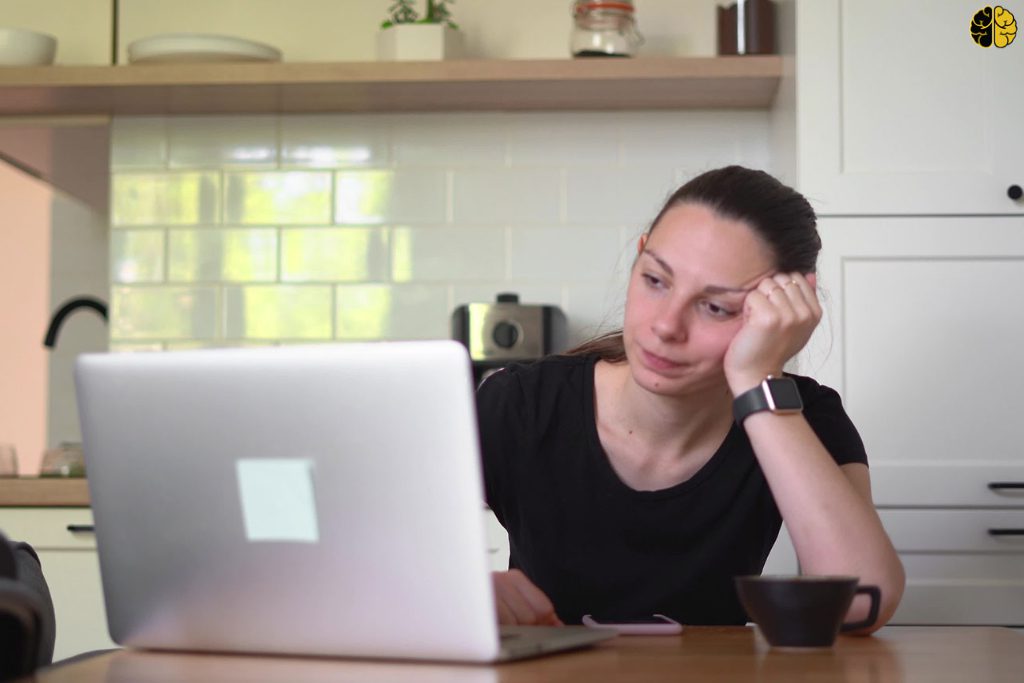Back in December 2020, The Wall Street Journal posted an article with a headline that’s hard to resist if you run a gym: “The Fate of Home-Exercise Equipment When COVID-19 Ends.”
Since the run on fitness gear started in spring 2020 as gyms were shut down around the world, I’ve speculated that you’ll be able to find a lot of equipment for sale about a year after the pandemic ends—whenever that will be.

People, in general, just aren’t motivated to do things on their own without coaching and accountability. I’d guess the pandemic definitely converted some longtime gym-goers to garage warriors, but I suspect many other people will head back to the gym—or maybe the couch—if “normal” ever returns.
There’s a reason you can always find treadmills, elliptical machines and steppers for re-sale. Don’t believe me? I randomly checked the sporting category on Craigslist in Baltimore, and you’ll find a ton of fitness equipment among the 1,200 listings at press time. Same deal in Seattle, where there were 3,000 listings at press time.
Use My App!
All that aside, I was displeased to find that the article wasn’t anything more than a short Q&A with superstar trainer Jillian Michaels.
Among her comments on the post-COVID landscape: “I do think that really expensive group classes and really expensive big-box gyms are going to take a hit because people are realizing they can get community and great workouts at home.”
Anyone who runs a microgym with any skill knows that no one is actually looking for “community”—though it took people like me many years to realize it. Sure, community is a nice bonus in a gym, but it’s not a selling point. As Two-Brain Founder Chris Cooper has said, microgym owners neither sell workouts nor community. We sell coaching.
Then I recalled that Michaels is behind “The Fitness App,” which delivers “customized workouts and meal plans.” And it includes access to a community forum. So Michaels’s comment reads less like industry insight and more like a sales pitch. Which is fine. But I expected more data and less opinion from the Wall Street Journal.
If you’re interested in reading a little more about Michaels’s app, you can check out this review or this review with 2021 updates. The reviews are generally positive, which is good for Michaels and her clients.
But “The Fitness App”—and Michaels comments—don’t really have anything to do with microgyms and businesses that sell coaching. Many Two-Brain clients around the world are proving that. And we have the data. For one example, check out “How PT Went From 0 to 50 Percent of Monthly Recurring Revenue.”
To learn how to start or grow a fitness business,
download Two-Brain’s huge collection of free tools.

